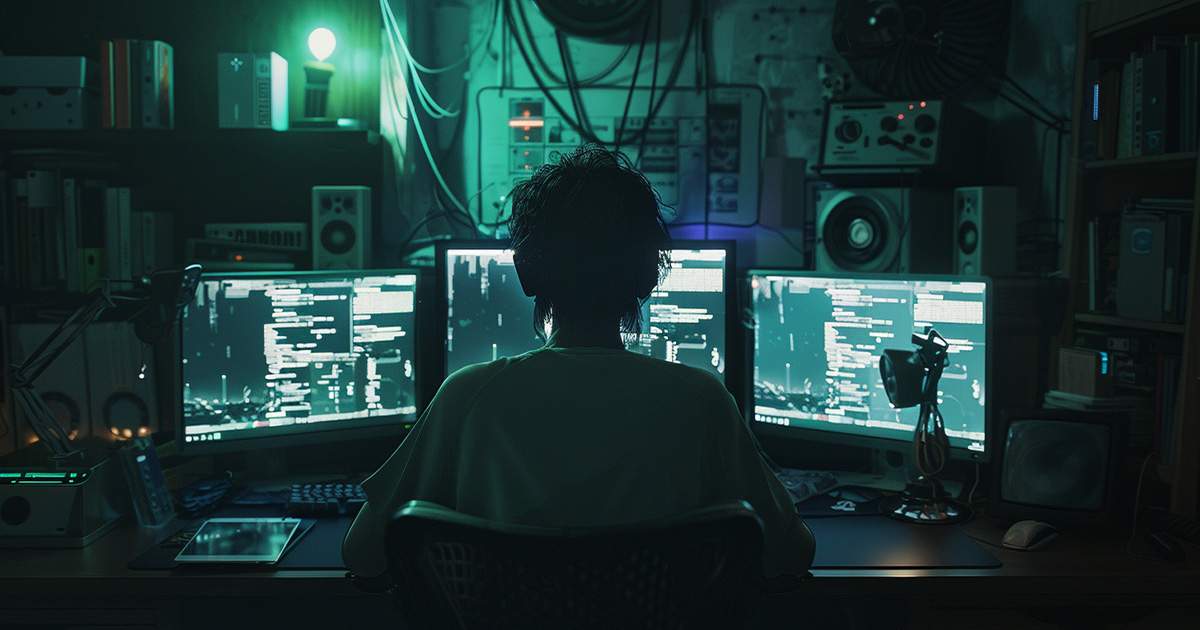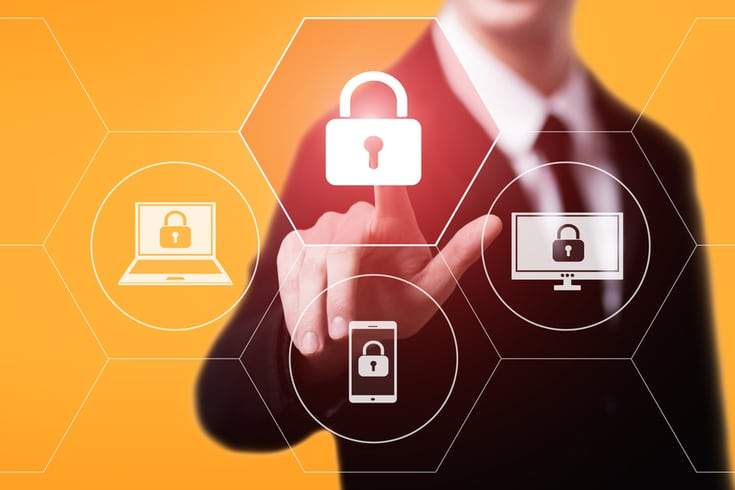Legal Responses to Cheating in eSports

Basic Approach
Unfair manipulation that undermines the fairness of competition disrupts the healthy operation of games and significantly diminishes their credibility as competitive activities.
In response, the management side must establish clear prohibitions through the terms of service and implement appropriate sanctions against violators.
In cases of serious violations, it may also be necessary to consider legal action.
Definition and Impact of Unauthorized Manipulation
In addressing such issues, it is essential to first define unauthorized manipulation. This term refers to actions such as the illicit alteration of data, the use of unauthorized programs, and the repeated execution of unexpected operations. These actions unfairly enhance the abilities of personalitys controlled by players, intentionally reduce the abilities of opponents, or illicitly acquire in-game resources.
In particular, in multiplayer environments, such actions significantly disrupt competitive balance and make it challenging to conduct fair competition.
Management System by Terms and Conditions
Therefore, it is necessary to clearly stipulate in the operational terms and conditions the prohibition of data alteration, the use of unauthorized programs, and illicit automated actions. This ensures that measures such as suspension or revocation of accounts can be taken against players who engage in these activities. However, since sanctions based on misidentification can lead to claims for damages, careful judgment is required in determining violations.
Criminal Law Measures
For more serious violations, it is necessary to consider legal actions, including criminal prosecution.
Under the current Japanese law, there are no provisions that directly penalize the act of tampering itself. However, if the functionality of a server is obstructed, the crime of obstruction of business by damaging a computer (Article 234-2 of the Japanese Penal Code) may apply. If unjust profits are obtained through false information, the crime of computer fraud (Article 246-2 of the same law) may apply. Additionally, if data related to rights, obligations, or proof of facts is altered, the crime of creating and using fraudulent electromagnetic records (Article 161-2 of the same law) may be applicable.
Consultation with legal experts is essential when applying these laws in practice.
Case Studies and Future Outlook
In July 2019, an online gaming company publicly disclosed a significant violation case. A user who habitually used cheat tools to gain an unfair advantage in competitions was apprehended for creating and using fraudulent Japanese private electromagnetic records and for obstructing business operations through deception. This case serves as an important precedent, demonstrating that fraudulent activities in eSports can be treated as criminal offenses.
Considering these circumstances, it is crucial to carefully assess the severity and impact of violations and choose appropriate measures accordingly. For the healthy development of eSports, it is necessary to engage in both preventive regulations and appropriate responses after violations are discovered.





















